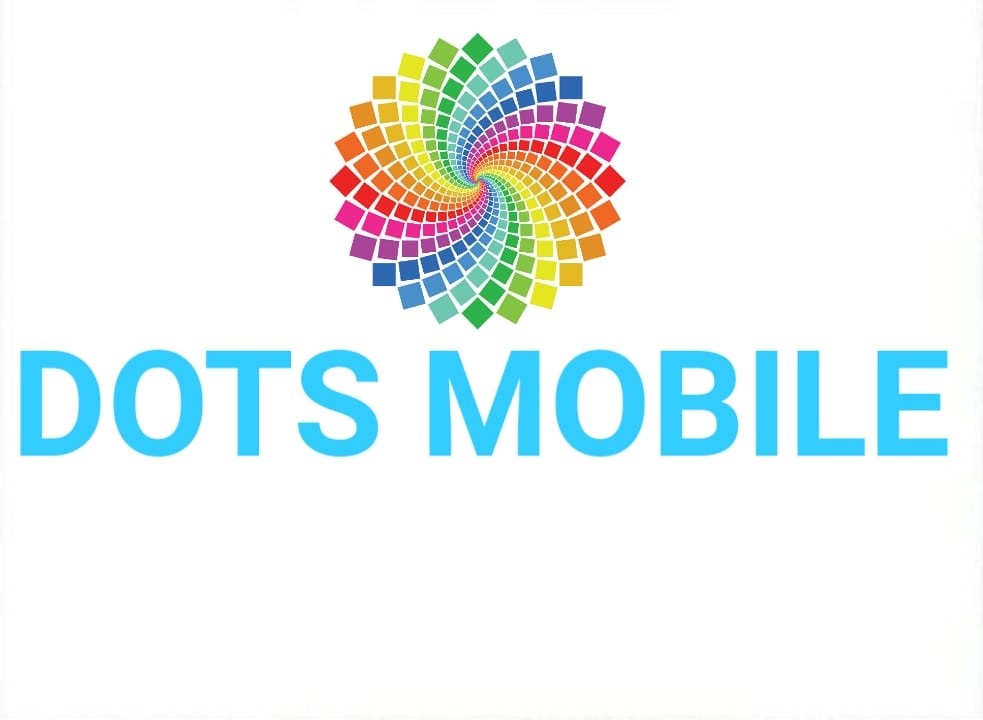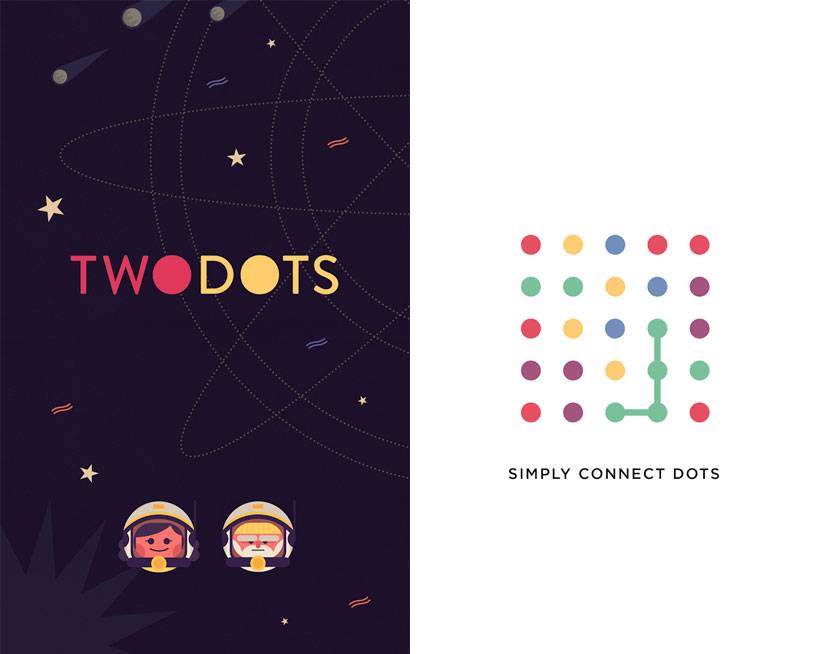

I listen to parts of the soundtrack almost every day and look forward to more releases so I can listen to them more often. One thing I still like about the game is the music.

The game will (almost certainly) continue to implement the psychological tactics described in this video, but if you are aware of the tactics, it might help you feel less upset with the game.Įver since postcards were devalued to 10 stars, I stopped playing the extra modes like Treasure Hunts and Flips, and just proceed to the main levels, because it's not worth as much of my time as it used to. Two Dots is not as intense as the PvP games in the video or as the advertisements for the puzzle game where you must save the king from being killed by lava, but it is not a casual, relaxing, beautiful game anymore either. (I talk about the Las Vegas slot machine style in this comment on a recent post.)

I returned to the game after three years and I was surprised by the barrage of pop-ups and the Las Vegas slot machine features and styles, including: Flip Board, Piñata Party, Dots Race, Win Streak, Gold Mine, limited-time special offers, and First Time Win. I stopped playing after about one year for reasons unrelated to the game. In the Google Play store, the company describes the game as "A beautiful and relaxing puzzle game." Seven years ago, Google made the game an "Editor's Pick" while describing it as "chilled-out, super simple, and casual."įive years ago, when I first played Two Dots, the game was still generally relaxed and elegant. This video uses the proper technical terms, explains them accurately, and clearly describes each concept in a shockingly concise way. I happen to have a degree in psychology and a wide range of business experience.

(Note that the video focuses on player-vs-player games, so it's not always easy to see how the ideas apply to Two Dots.) The following video explains how mobile games are using psychology to manipulate players into spending money.


 0 kommentar(er)
0 kommentar(er)
